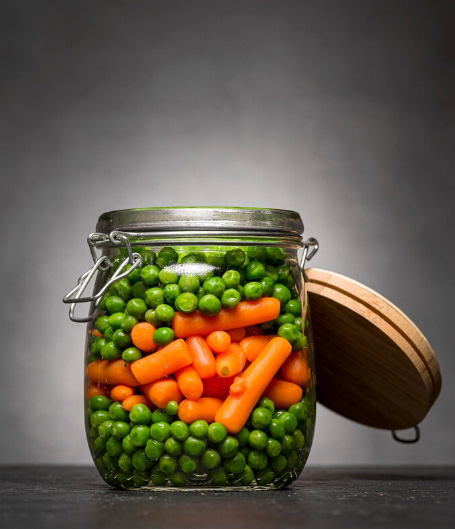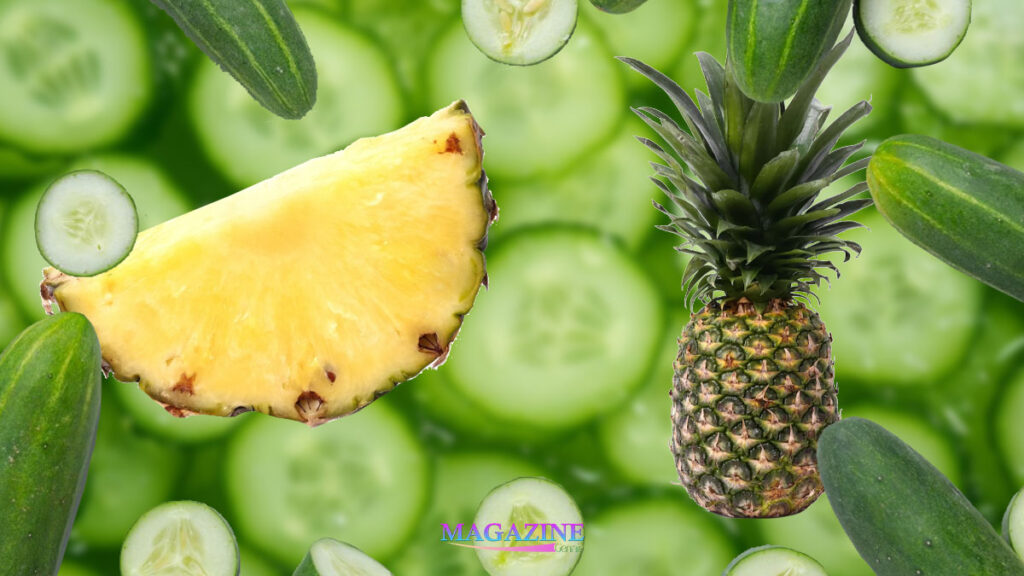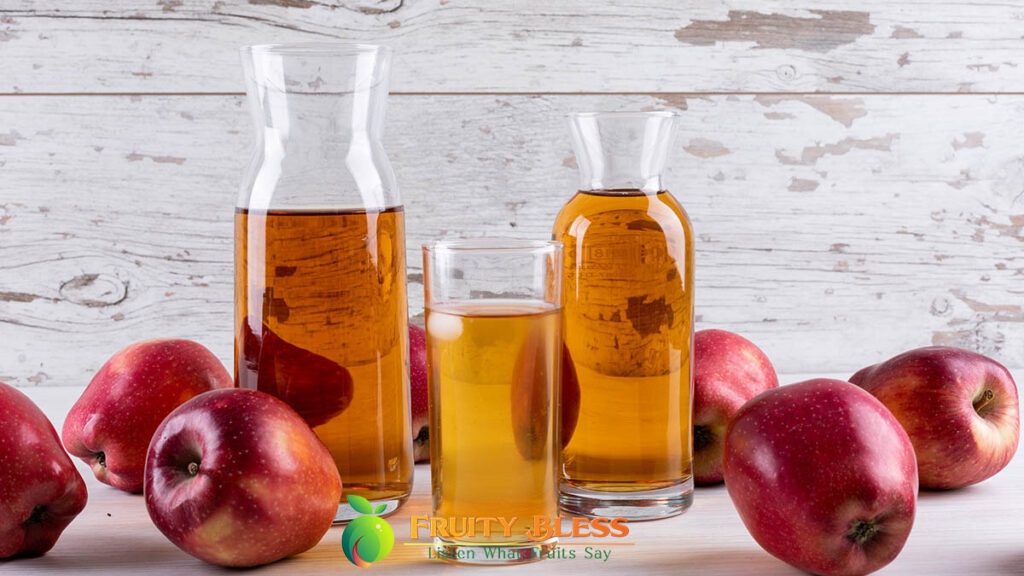Canned vegetables have long been a staple in pantries around the world. But are they a healthy choice? The answer, like most things in nutrition, is not a simple yes or no. Here’s a breakdown of the pros and cons of canned vegetables to help you decide if they deserve a spot in your diet.
The Case for Canned Vegetables:
- Convenience: Canned vegetables are a lifesaver for busy people. They’re already prepped and cooked, saving you time in the kitchen.
- Nutrient Retention: The canning process can actually lock in certain nutrients, like vitamin C, if done correctly.
- Affordability: Canned vegetables are generally less expensive than fresh produce, making them a budget-friendly option.
- Long Shelf Life: They don’t spoil as quickly as fresh vegetables, minimizing food waste.
- Meeting Vegetable Needs: Canned vegetables can help you meet your daily recommended intake of vegetables, especially if fresh options are limited or unavailable.

Nutritional Considerations:
- Sodium Content: One of the biggest drawbacks of canned vegetables is their often high sodium content. Look for low-sodium or no-salt-added options whenever possible. Rinsing canned vegetables can also help reduce some of the sodium content.
- Bisphenol A (BPA): The lining of some cans contains BPA, a chemical that has raised health concerns. However, many manufacturers are switching to BPA-free linings, and research on the health risks of BPA is ongoing.
- Loss of Some Nutrients: While canning preserves some nutrients, some vitamins like vitamin A and B vitamins can degrade during the process.
- Micronutrient Differences: Fresh vegetables generally have a higher concentration of certain micronutrients compared to canned options.
Making the Best Choices:
- Read Labels: Pay attention to the sodium content and choose low-sodium or no-salt-added options.
- Variety is Key: Don’t rely solely on canned vegetables. Include fresh and frozen vegetables in your diet for a wider range of nutrients.
- Rinsing Helps: Rinsing canned vegetables can help reduce sodium content and remove any added BPA.
- Combine with Fresh: Get the best of both worlds! Combine canned vegetables with fresh herbs or chopped raw vegetables for added flavor and nutrients.
You can read also : Top 9 Fruits with Vitamin C Available in Market
The Verdict:
Canned vegetables can be a healthy and convenient part of your diet, but they shouldn’t be your only source of vegetables. Here’s a quick summary:
- Pros: Convenient, affordable, long shelf life, can help meet vegetable intake needs.
- Cons: High sodium content (choose low-sodium options), potential BPA exposure, loss of some nutrients compared to fresh.
By making informed choices and incorporating canned vegetables strategically into your diet, you can reap the benefits of their convenience while ensuring you get a well-rounded intake of essential nutrients.


